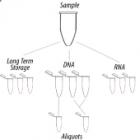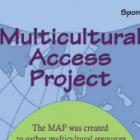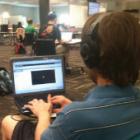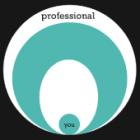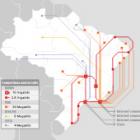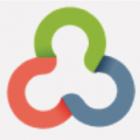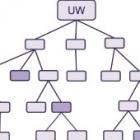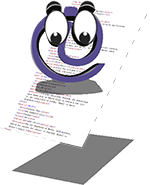
The Department of Mysteries: An Alternate Reality Game for Information Literacy
The Department of Mysteries game addresses a twofold problem in information literacy instruction: 1) Instructors need new techniques to prepare their students for changing information needs and practices, and 2) students require encouragement to use information resources outside of their comfort zones. Addressing these elements individually is insufficient, as past efforts have failed to address the range of learning styles. Games provide structured play and social opportunities as internal motivation, allowing students to “mess around” as they explore concepts and skills that aid their critical development. The Department of Mysteries addresses these concerns through puzzles, skill challenges, and narrative segments, both online and face-to-face.


